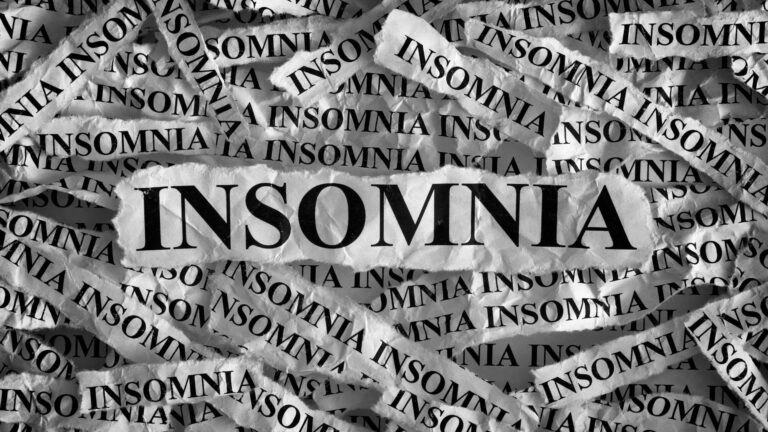The Hidden Cost of Gambling: Mental Health & Finances

The High Stakes of Fun: Why Gambling Can Be a Risky Bet for Your Mental Health and Wallet
For many, the image of gambling conjures visions of bright lights, electrifying wins, and a carefree escape from daily routines. However, the reality for some can be far bleaker. While responsible gambling can be an occasional source of entertainment, the allure of easy money and the thrill of the chase can mask a significant risk: gambling addiction. This compulsive behavior can wreak havoc on a person’s mental wellbeing and financial security.
The Financial Tightrope: Why the House Always Wins (Eventually)
It’s essential to understand the fundamental truth about gambling: the odds are inherently stacked against the gambler. Casino games, lotteries, and most forms of betting are meticulously designed to ensure the house (casino, lottery operator, etc.) profits in the long run. While the possibility of a life-changing windfall can be intoxicating, the statistics paint a clear picture: you are far more likely to lose money than strike it rich. This isn’t to say that gambling can’t be a fun social activity, but it’s crucial to approach it with the understanding that it’s a form of entertainment, not a viable path to financial gain.
The Dopamine Trap: How Gambling Hijacks Your Brain's Reward System
What makes gambling so potentially dangerous is its powerful effect on the brain. When a win occurs, a surge of dopamine, the neurotransmitter associated with pleasure and reward, is released. This creates a powerful feeling of euphoria that reinforces the gambling behavior. Even losses can trigger a release of adrenaline and endorphins, keeping the gambler engaged in the desperate hope of recouping losses and experiencing that winning high again. Over time, this creates a neurological loop, making it increasingly difficult to resist the urge to gamble, despite the negative consequences.
The Downward Spiral: How Gambling Addiction Wreaks Havoc on Mental Health
As gambling addiction takes hold, the pursuit of that elusive win intensifies. Financial resources dwindle, replaced by a growing mountain of debt. This financial strain acts as a catalyst for a cascade of mental health issues, including:
- Crippling Anxiety and Stress: The constant pressure to win back lost money creates a relentless cycle of worry and anxiety. The fear of financial ruin and the disappointment of repeated losses can become all-consuming.
- The Crushing Weight of Depression: Mounting debt and the shattered dreams of financial security can lead to feelings of hopelessness and despair. Depression associated with gambling addiction can be particularly severe due to the sense of shame and isolation that often accompanies it.
- Shattered Self-Esteem: Repeated failures to control the urge to gamble and the accompanying financial losses can significantly damage a person’s self-worth. They may feel like failures, powerless to resist the addiction’s hold.
- Strained Relationships: The secrecy, lies, and broken promises fueled by gambling addiction can severely damage relationships with family and friends. Loved ones may feel betrayed and helpless in the face of the addiction.
The Ripple Effect: How Gambling Addiction Impacts More Than Just the Gambler
The negative consequences of gambling addiction extend far beyond the individual struggling with the problem. Partners, children, and close family members are often caught in the crossfire. They may experience financial hardship due to the gambler’s actions, emotional turmoil due to the addict’s erratic behavior, and a sense of powerlessness as they witness their loved one spiral out of control. Children of parents struggling with gambling addiction are at an increased risk for mental health issues and may struggle with feelings of insecurity and instability.
Breaking Free: There's Hope Beyond the Gamble
If you or someone you know is battling gambling addiction, it’s important to remember that you are not alone. There is help available, and there is hope for recovery. Many resources and support groups are dedicated to helping people overcome gambling addiction and rebuild their lives. These programs offer professional guidance, support groups, and strategies for managing finances and overcoming the urge to gamble.
Warning Signs of Gambling Addiction:
- Gambling more money or for longer than intended
- Needing to gamble with increasing amounts of money to achieve the same level of excitement
- Repeated unsuccessful attempts to quit gambling
- Feeling restless or irritable when unable to gamble
- Gambling to escape problems or feelings of hopelessness, anxiety, or depression
- Jeopardizing or losing a relationship, job, or educational or career opportunity due to gambling
- Lying to family members or friends to hide the extent of gambling
- Relying on others to provide money to cover debts caused by gambling
Remember:
- You are the only loser every time you gamble, even if you win.
- There is no shame in asking for help. Gambling addiction is a treatable condition, and recovery is possible.
By raising awareness about the mental health risks and the financial realities associated with gambling, we can encourage responsible gambling habits and empower those struggling with addiction to seek the help they need to reclaim their lives.
you may also read
do you want to say something to the shy dinosaur ?
Remember, I’m shy so don’t say too many nice things to me, I might lose my consciousness.




